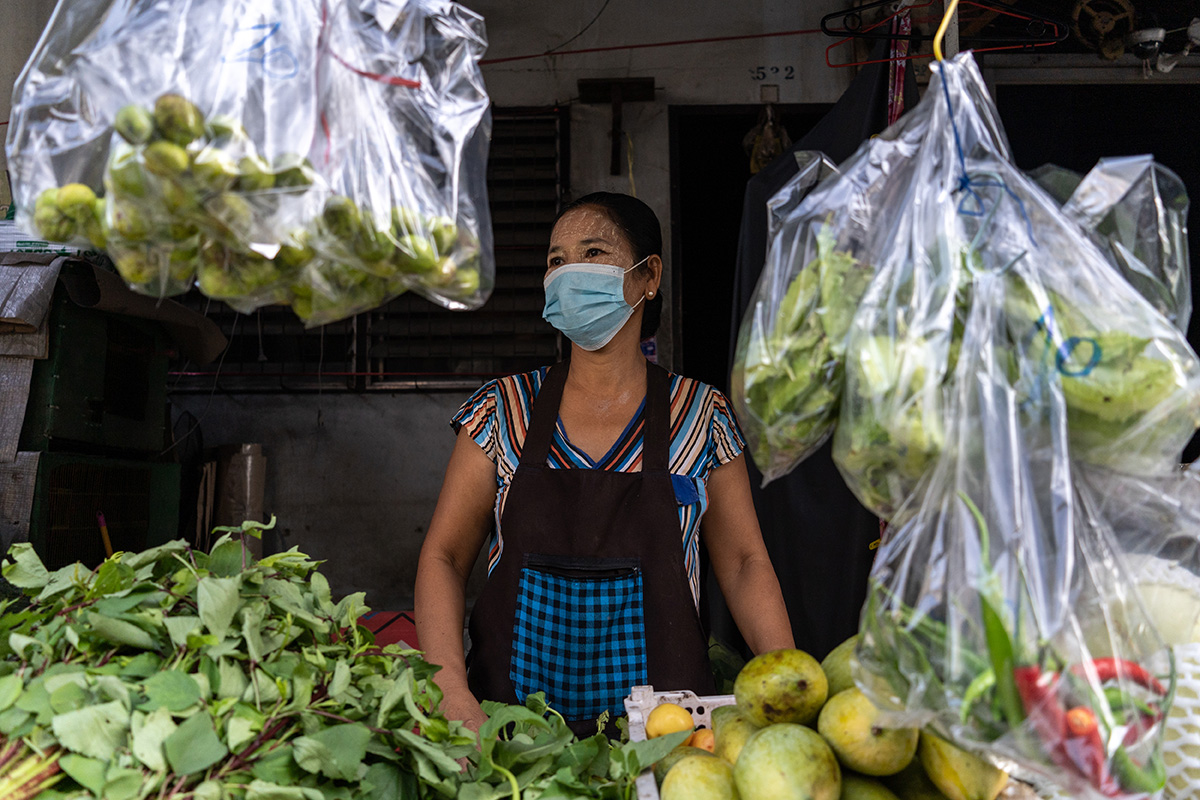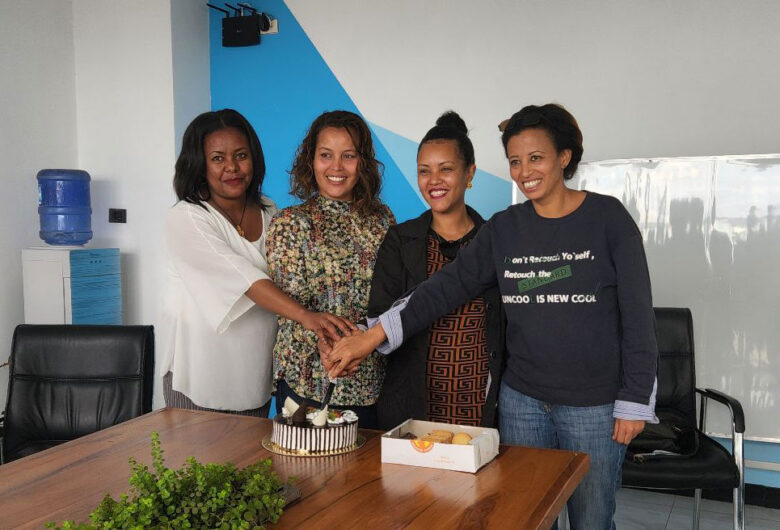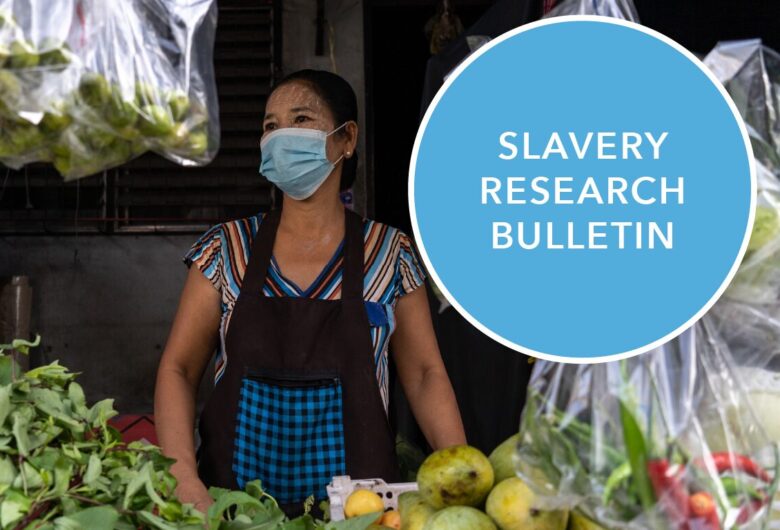Welcome to the Freedom Fund’s monthly bulletin designed to bring you new and compelling research from the global anti-slavery movement.
Experiences of Ethiopian migrant domestic workers (MDWs) in the Middle East
New York University, the Freedom Fund and the University of Massachusetts Lowell jointly investigate labour trafficking risks among Ethiopian MDWs working and residing in Lebanon, Kuwait, and Jordan. Drawing on interviews with 36 female MDWs, the study reveals working hours that typically exceeded 17 hours a day, one-in-three reported having their passports confiscated, and one-in-five were not allowed breaks or days off. In all three countries, children of MDWs, often born out of wedlock, have limited access to education due to the lack of birth certificates or passports. The study highlights the urgent need for Ethiopian embassies to improve protection for MDWs in destination countries.
Addressing modern slavery in UK trade and investment strategies
The Rights Lab at the University of Nottingham and Anti-Slavery International examine the extent to which modern slavery commitments are reflected in UK-Indo-Pacific Trade Agreements (TAs) and Bilateral Agreements (BAs). Using global data and case studies of China, India, Malaysia and Thailand, the study finds only 22 out of 108 TAs (20%) contain a reference to modern slavery, while none of the 79 BAs do. Given the significant UK-Indo-Pacific investment in the four focus countries, the study recommends incorporating modern slavery concerns in TAs and BAs based on trade partners’ institutional characteristics and types of products.
Education attainment is significantly linked to lower child marriage in Vietnam
KDI School of Public Policy and Management in Korea studies the determinant factors of child marriage among boys and girls in Vietnam, using data from the Multiple Indicator Cluster Survey by the General Statistics Office and UNICEF, involving 13,359 households. The study finds that children who completed upper secondary education were less likely to enter into child marriage – 31% less likely among boys and 49% less likely among girls. The study also observed a greater risk of early marriage among boys from minority groups and the Red River Delta area, compared to girls.
App-based drivers face labour insecurity and climate risks
A study led by the UK National Centre for Social Research highlights the environmental risk and labour precarity faced by app-based drivers in Vietnam. Based on surveys and interviews with over 600 drivers and government officials, the study finds that migrant workers are overrepresented in app-based driving due to limited work options. The “partnership” model claimed by platform apps excludes these workers from labour law protections, and the nature of work exposes them to increasing environmental risks such as heat waves. The study reveals alarming statistics about the surveyed workers: over 80% lack employment and social insurance, and 58% are without accident insurance.
Pressures at home prolong the work-migration journey of Indonesian domestic workers
The City University of Hong Kong leads a study on the precarious situations faced by female migrant domestic workers (MDWs) returning to Indonesia. Based on interviews with 59 MDWs in Hong Kong and Indonesia, MDWs described accusations of having corrupted morals as well as encountering gendered legal discrimination in their home communities. At the same time, they are expected to be generous with their money and contribute disproportionately to family and community occasions. Some MDWs remain abroad to fulfil familial obligations, while others prolong their stay for financial stability and relief from pressures at home.
Read on
A study led by the Alan Turing Institute explores how well-intentioned efforts to share human trafficking data could lead to further harms for survivors of abuse.
The University of Edinburgh reviews the acceptability of a digital health intervention designed to assist young people aged 12 to 18 who have experienced technology-assisted sexual abuse.
Research led by the University of Regensburg concludes that the German Act on Corporate Due Diligence Obligations in Supply Chains does not adequately address environmental risks faced by smallholder cocoa farmers in West Africa.
Freedom Fund news
The Freedom Fund was featured in a recent report by The Bridgespan Group on the power of collaborative funds, read the full report here.
Visit our Newsroom for more updates.
Research library
Visit our Slavery Research Library to access anti-slavery resources from across the globe.
Contact
The Slavery Research Bulletin is produced monthly by the Freedom Fund, a global fund with the sole aim of helping end modern slavery.
Research being featured in this bulletin does not equal endorsement by the Freedom Fund.
Click here to sign up to the Slavery Research Bulletin mailing list.
Photo credit: Jittrapon Kaicome / The Freedom Fund



